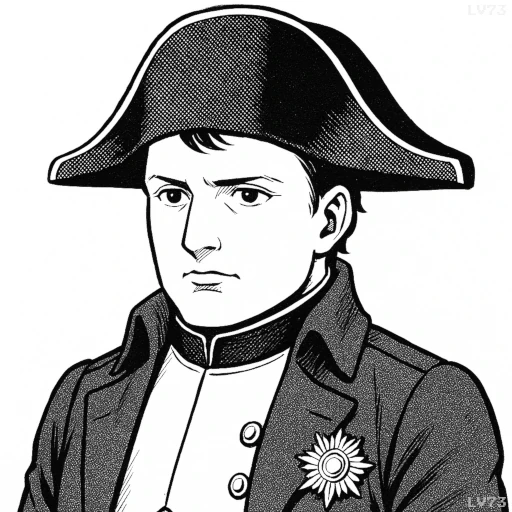“Music is the voice that tells us that the human race is greater than it knows.”

- August 15, 1769 – May 5, 1821
- French of Italian descent
- French military officer and emperor
table of contents
Quote
“Music is the voice that tells us that the human race is greater than it knows.”
Explanation
In this statement, Napoleon Bonaparte expresses a profound appreciation for music as a universal, uplifting force. He suggests that music transcends ordinary experience, hinting at something greater within humanity than what we may realize in our day-to-day lives. Music, in Napoleon’s view, serves as a reminder of the depth of human potential, connecting people to emotions, ideas, and aspirations that go beyond words or logic. Through melody and harmony, music touches on the collective human spirit, revealing possibilities and unity that surpass individual knowledge.
This sentiment remains relevant today, as music continues to inspire, heal, and bring people together across cultures and languages. For instance, national anthems, songs of protest, or even popular music can evoke powerful emotions and a sense of shared identity. In moments of joy, sorrow, or unity, music serves as a common thread that connects humanity, often reaching where words cannot.
Napoleon’s view of music as a “voice” suggests that it has a unique capacity to convey universal truths about resilience, hope, and shared human experience. By listening to or creating music, individuals may connect with a larger vision of human potential and gain insight into aspects of life that lie beyond conscious understanding. Music, therefore, stands as a reminder of the depth and greatness within the human race, inspiring us to explore and express the best of ourselves.
Would you like to share your impressions or related stories about this quote in the comments section?




